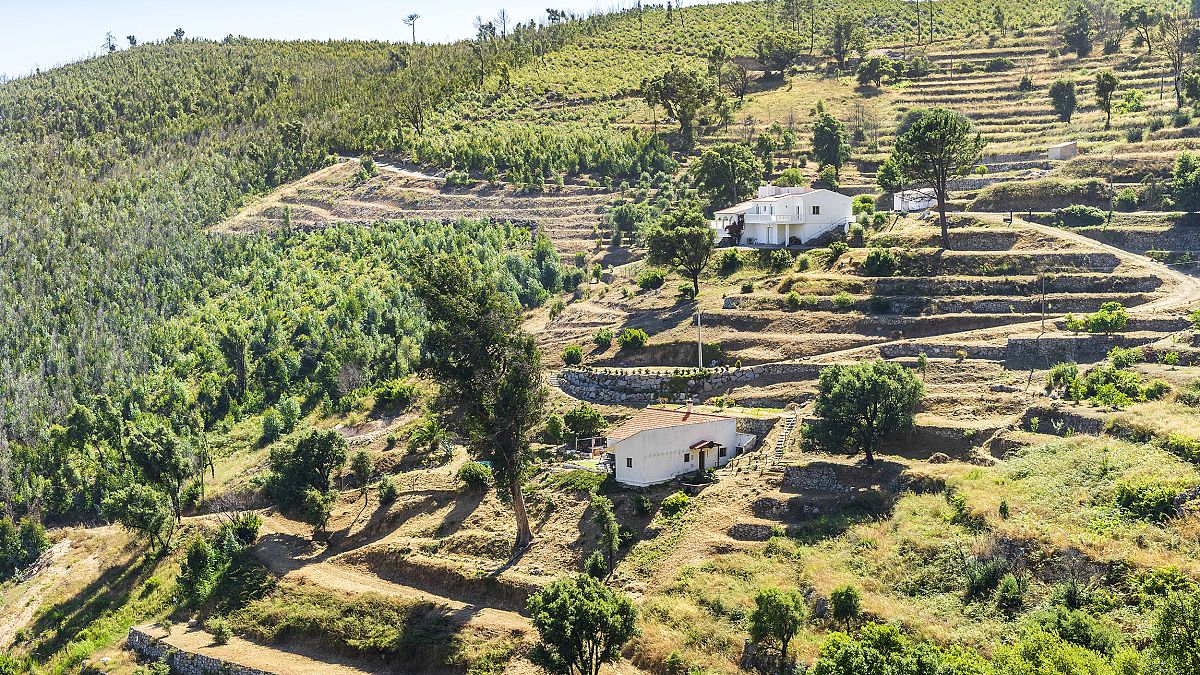Communities in Portugal’s drought-prone Algarve region take water management into their own handsWith the hottest year on record in 2023 and s...
Published on by Water Network Research, Official research team of The Water Network

With the hottest year on record in 2023 and several areas worldwide affected by widespread drought, the issue of water scarcity is reaching boiling point. In India, the problem is so bad that farmers are at war with each other for their fair share of rapidly diminishing water resources, while in France, local conflicts over water have turned violent.
Rethinking groundwater during drought
Groundwater is at the centre of water management challenges, supplying 65 per cent of drinking water and 25 per cent for agricultural irrigation in the 27 EU Member States.
The main pressures on groundwater are overexploitation and climate change, particularly in regions experiencing urbanisation and population growth, with groundwater depletion leading to a whole host of negative effects.
Like many parts of Southern Europe, southern Portugal is experiencing drought and a decline in rainfall which has impacted the productivity of the region's agricultural sector, explains Vânia Sousa, environmental researcher at the University of Algarve.
“With the effects of climate change, we don’t expect the drought to ease. We need to work together on new sustainable solutions to help solve regional water scarcity,” she stressed.
The eGroundwater project
Led by environmental scientists from the University of Algarve and supported with climate data such as irrigation forecasts and historical weather patterns, the ‘eGroundwater’ project is a mobile application centred around a collective, citizen-driven approach to ground water management.
The eGroundwater platform aims to give farmers and groundwater users consolidated information on the condition of water supplies and technical specifications while also allowing users to upload and share their own data.
The app incorporates seasonal meteorological forecasts from the Copernicus Climate Change Service (C3S) which are used to anticipate cumulative precipitation in agricultural areas. This helps farmers predict their water quota and optimises the use of water during irrigation season.
Additionally, CMIP6 climate projections from C3S are used to communicate future recharge scenarios and anticipate how climate change can impact groundwater levels. This information is presented to groundwater users during workshops, for feedback and to design pathways for adaptation in line with future groundwater availability.
Attached link
https://www.euronews.com/green/2024/05/23/communities-in-portugals-algarve-region-take-water-management-into-their-own-handsTaxonomy
- Groundwater
- Water Management
- Groundwater Assessment
- Surface-Groundwater Interaction
- Groundwater Quality & Quantity
- Groundwater Resource
- Groundwater Remediation
- Groundwater Data Scientist